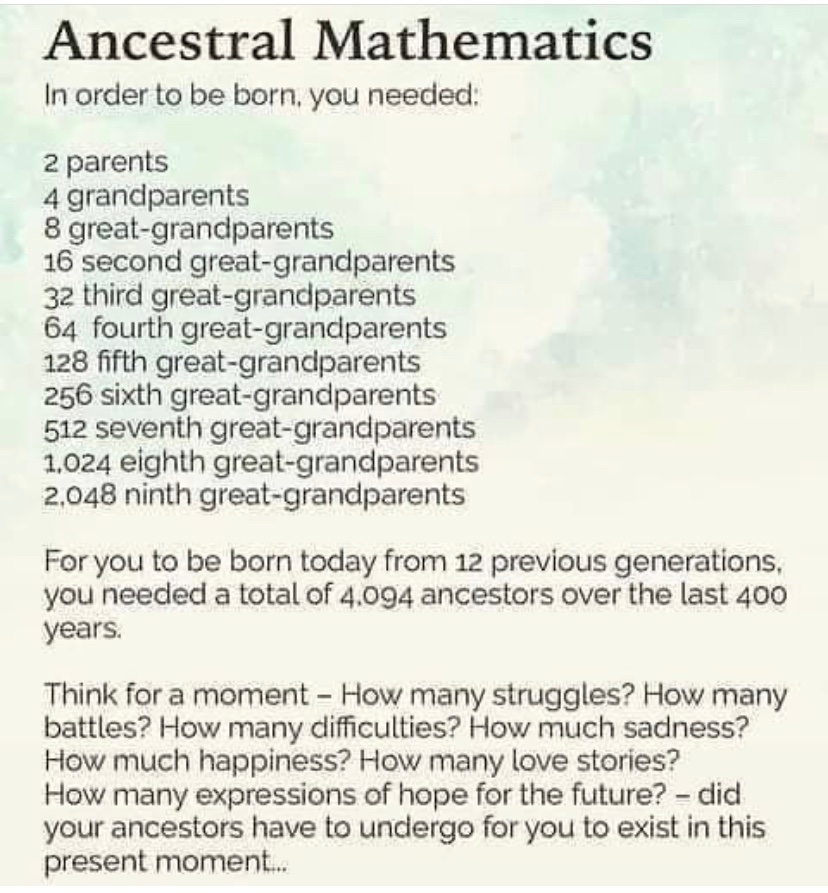The Irish Cultural Center is holding a virtual class Saturday, September 12. The description follows. Use this link to register: https://www.azirish.org/education-and-classes/genealogy-classes/
Thanks, Jim, for providing the information!
“19th Century Irish Genealogy Research: What’s Available and How to Use It”
with
Miles Davenport
When: 10:30 a.m. to 1:00 p.m. on Saturday, September 12th, 2020
Where: Class will be held virtually through Zoom
Where: Class will be held virtually through Zoom
Workshop Summary:
This workshop will provide participants with an in-depth look at Irish records created during the 1800s. The Irish Civil Registration process will be explored, including the time period covered and their limitations. The workshop will demonstrate how to use church parish records, Griffith's Valuation, Tithe Applotment Books, and other early 19th Century sources to uncover your Irish ancestors prior to the start of Civil Registrations. Participants will also develop an understanding of Ireland's civil and religious jurisdictions and why this knowledge is essential in locating your Irish ancestors. A case study will be used to illustrate the various ways to determine family relationships prior to the start of the Civil Registration process.

